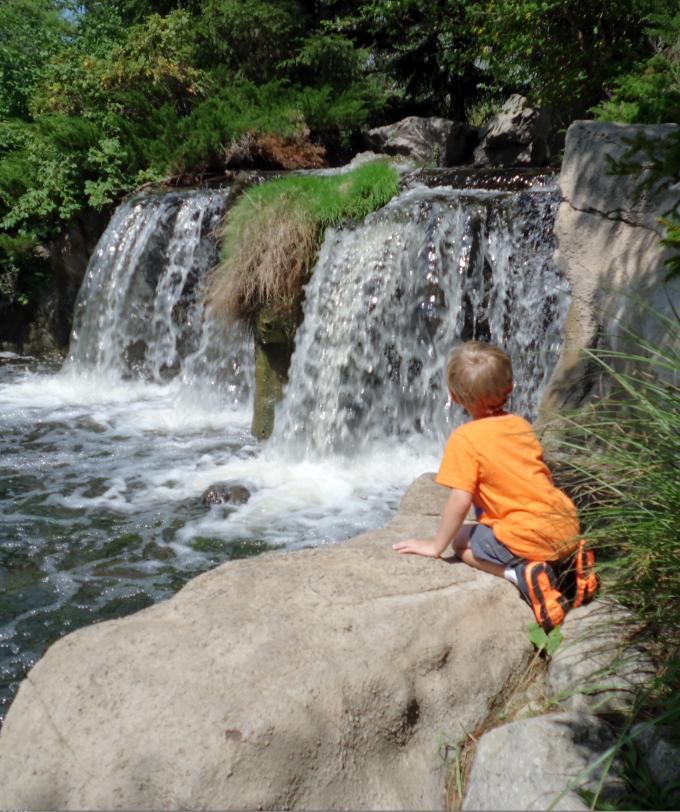September 19, 2025
Nature
Do you know how your weed was grown?

Monique Ramirez, co-founder of Sunbright Gardens — a small-batch, sun-grown cannabis farm in Mendocino County, CA
I'm disappointed by the state of the legal cannabis industry. To start, today's producers overwhelmingly focus on producing high-potency THC products, with most medical and recreational products containing highly intoxicating THC levels (often >15%) and little to no attention to the therapeutic potential of other cannabinoids. Products that provide meaningful ratios of non-psychoactive cannabinoids (such as CBD, CBG, etc.) are rare, limiting patient options and perpetuating the view of cannabis as primarily a recreational drug.
But that's just the tip of the iceberg. Already large corporate growers dominate the market, often overproducing and driving down prices while regulations and compliance costs favor them over small outdoor farms. This leaves small, community-based growers at a disadvantage, even though they are often the ones most committed to quality, sustainability, and local benefits.
Testing rules change from state to state, and many labs feel pressure from growers to exaggerate THC levels or ignore contamination. As a result, cannabis can contain pesticides, mold, solvents, or heavy metals, with no consistent national limits to protect consumers—especially patients and younger people. Federal prohibition blocks clear reporting on failures or health risks, and scattered state systems keep the public in the dark.
And we haven't even talked about energy use. Indoor cannabis cultivation accounts for about 1% of U.S. electricity use, exceeding the energy demands of all other crops and even surpassing bitcoin mining in greenhouse gas emissions. The widespread use of high-powered lights and climate control in indoor grow operations results in a carbon footprint equivalent to tens of millions of cars annually.
But there’s hope. Sun+Earth offers a certification system that raises the bar for cannabis farming. If a product bears the Sun+Earth seal consumers can trust that the cannabis was regeneratively farmed outdoors, in organic soil. Farms can signify their commitment to quality, environmental stewardship, and fair labor standards. Dispensaries can differentiate their brand in a crowded market with products that have been certified regenerative and organic. And manufacturers can promise cannabis grown to the highest standards with the Made With Sun+Earth Flower seal.
Ask your bud tender if he or she can tell you how your weed was grown. You're likely to be disappointed, too. We can do better.
WEBSITE: Sun+Earth.org



